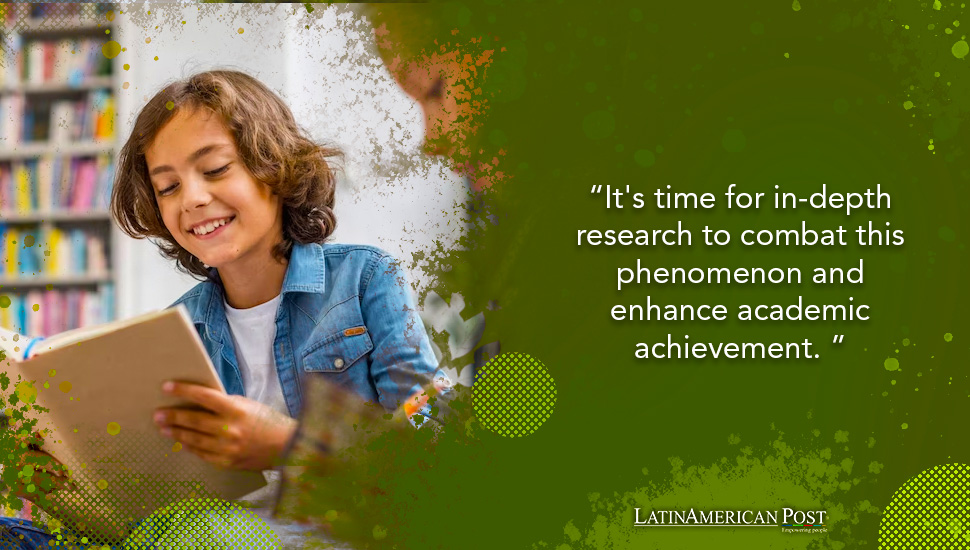Latin America’s Losing Battle with Attention Span and Reading Comprehension May Be Ignoring Toughest Enemy

Latin America faces an educational crisis, with distractions undermining students’ focus and comprehension. Attention span and reading comprehension of basic-level students in Mexico and Central America—now just six minutes, a 40% drop in four years. It’s time for in-depth research to combat this phenomenon and enhance academic achievement.
Digital Distractions in Latin America
In an era where digital distractions are at our fingertips, the battle for concentration has never been more challenging, particularly for students in Latin America. Recent findings from the Kumon Institute in Japan reveal a startling decline in the attention span and reading comprehension of basic-level students in Mexico and Central America—now just six minutes, a 40% drop in four years. This crisis highlights the urgent need for academic development. It underlines the pervasive impact of distractions ranging from social media addiction and web surfing to internal factors like lack of concentration and motivation.
The implications of such a dramatic decline are far-reaching, threatening the foundation of academic knowledge. With fifth-grade students performing at levels expected of first or second-graders, the future of education in the region is at risk. This issue is not isolated to Mexico and Central America. Still, it is a widespread challenge across Latin America, affecting countries from Argentina to Brazil, where digital distractions and educational obstacles hinder students’ ability to learn effectively.
Multifaceted Nature of Distraction
The phenomenon of distraction is multifaceted, encompassing both external and internal factors. Externally, the lure of electronic gadgets, social media, and the internet pulls students away from their studies. Internally, factors such as anxiety, procrastination, and a lack of self-discipline further exacerbate the issue. These distractions are not mere inconveniences; they represent a significant barrier to learning with profound implications for students’ academic and professional futures.
Despite these challenges, the response in Latin America has been fragmented. A more comprehensive approach is needed in more developed regions. In countries like the United States and those in Europe, there’s a growing body of research focused on understanding and mitigating the impact of distractions on learning. These studies have led to developing targeted strategies and tools that help students maintain focus and improve academic performance. Latin America must embark on a similar path of focused research and policy-making to address this critical issue.
Root Causes of Distraction and Disengagement
The decline in reading habits and academic performance in Mexico, as noted by the National Institute of Statistics and Geography, mirrors a broader trend across Latin America. This is not merely a question of academic achievement. Still, it equips students with the skills, confidence, and autonomy they need to succeed in an increasingly complex world. Encouraging self-directed learning and a passion for knowledge is essential, as is addressing the root causes of distraction and disengagement.
The rising dropout rates and declining school enrollment figures in Mexico underscore the urgency of this issue. While offering unparalleled opportunities for learning and connection, the digital landscape also presents significant challenges to student engagement and academic success. As Felipe Cuéllar, Vice President of Kumon Mexico, suggests, the digital interaction paradigm reshapes how students approach learning, necessitating a comprehensive strategy that includes educators, policymakers, and the technology sector.
Also read: Latin American Fashion Summit: transformación de la moda
To reverse the trend of declining concentration and academic performance, Latin America must prioritize research into the causes and solutions for student distraction. This includes examining the role of technology in education, developing strategies for improving self-discipline and focus among students, and creating educational environments that foster deep, sustained engagement with learning materials. Only through a concerted, region-wide effort can we hope to prepare the next generation of Latin American students for the challenges and opportunities of the future.




